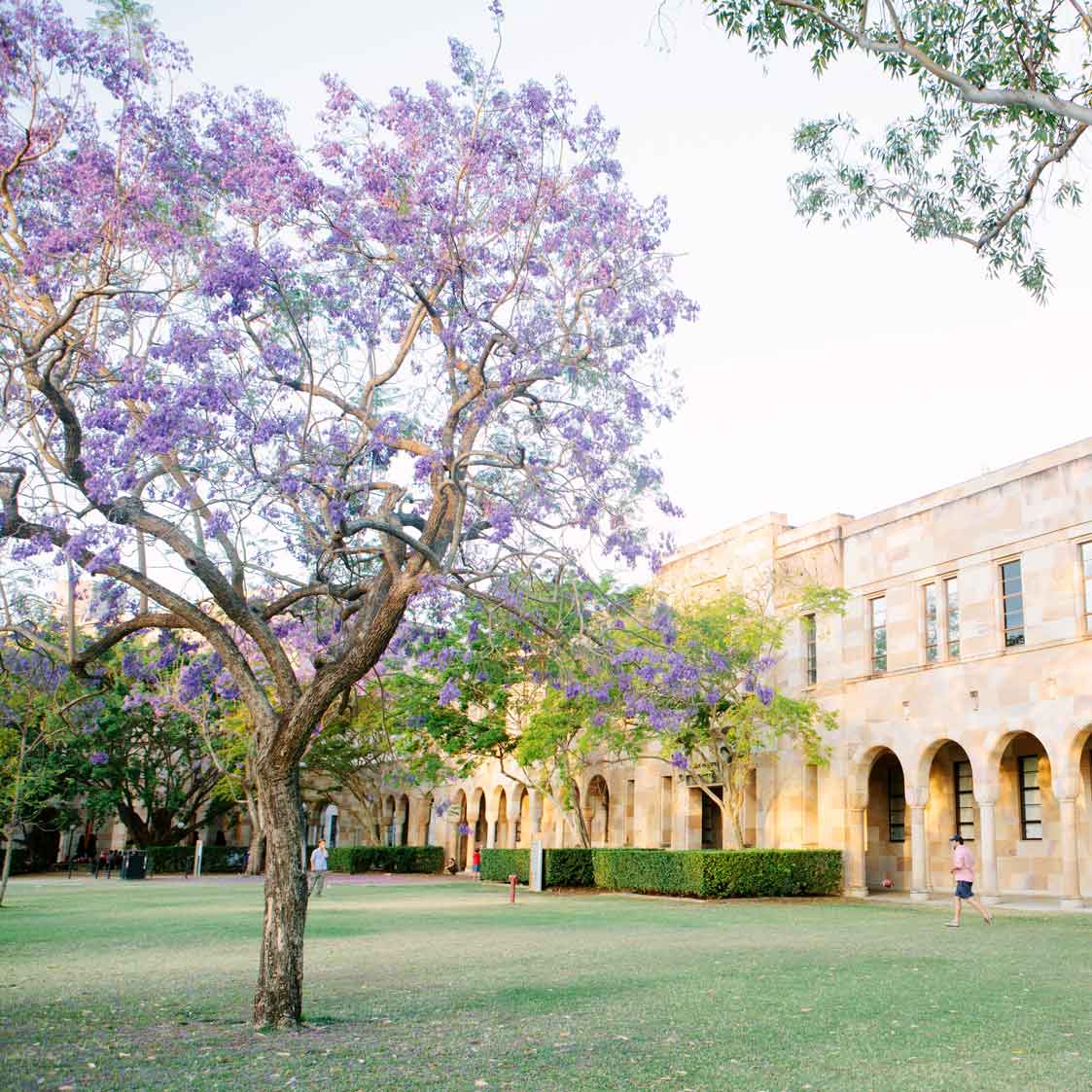Developing a better understanding of the legal response to domestic violence and creating more effective policies to promote child health are two University of Queensland research projects that have secured federal government funding for 2020.
 The projects – affiliated with UQ’s School of Law and Centre for the Business and Economics of Health, both part of the Faculty of Business, Economics and Law (BEL) – were awarded more than $600,000 in Australian Research Council (ARC) Discovery Project funding.
The projects – affiliated with UQ’s School of Law and Centre for the Business and Economics of Health, both part of the Faculty of Business, Economics and Law (BEL) – were awarded more than $600,000 in Australian Research Council (ARC) Discovery Project funding.
BEL Faculty Associate Dean (Research) Professor Brent Ritchie said the recent grant success was yet another example of the Faculty’s research excellence and impact.
“Our researchers exemplify what Discovery Project grants are all about,” Professor Ritchie said.
“They are highly regarded for the quality of their research and its application to real-world situations.
“Through these projects, our researchers will collaborate with their academic partners inside and outside of UQ to grow the knowledge base in their fields and address some of Australia’s biggest economic and social challenges.
“Congratulations to our latest Discovery Project grant recipients.”
An additional research project led through Monash University has also received more than $130,000 in ARC Discovery Project funding.
Dr Satoshi Tanaka from the School of Economics will be one of two chief investigators on the project, which will involve studying the skill composition of the Australian workforce, identifying skill shortages and proposing policy changes to the funding of tertiary education.
Dr Tanaka will also work with partner investigators from the University of Minnesota and the Australian Taxation Office.
ARC Discovery Project grant details
Professor Heather Douglas (School of Law) and Dr Robin Fitzgerald (UQ’s Faculty of Humanities and Social Sciences) have received $354,000 to explore the effectiveness of the non-fatal strangulation criminal offence as a response to domestic violence.
Many women escaping domestic violence report non-fatal strangulation from their past partners. Their research will review the application and experience of the non-fatal strangulation criminal offence in practice. Expected outcomes include the development of law reform and policy recommendations to improve the operation of the offence, enhance service responses and develop professional education. The research will also provide significant social and economic benefits through better understanding of the legal response to domestic violence.
Professors Luke Connelly and Stephen Birch (Centre for the Business and Economics of Health), Drs Ha Nguyen and Huong Le (University of Western Australia), Professor Pauline Ford (UQ’s School of Dentistry) and Professor Francesco Paolucci (University of Newcastle) have received almost $250,000 to examine the early effects of two recent Australian Government initiatives to improve children’s dental health.
The initiatives provide funds to cover essential dental services for children from disadvantaged families. The project will explore the factors affecting eligible children’s access to benefits from these initiatives, and identify the impacts of these changed health care financing arrangements on children’s use of dental services, indicators of oral health and general health, and other indicators of cognitive and non-cognitive development. Using advanced econometric techniques and datasets, the project will help develop effective policies to promote health and wellbeing.
The research project is a CBEH initiative, comprised of researchers from across UQ and external institutions. CBEH is jointly funded by the BEL Faculty, UQ’s Faculty of Health and Behavioural Sciences and a Taylor family donation.
Dr Michelle Rendall (Monash University), Dr Satoshi Tanaka (School of Economics), Professor Faith Guvenen (University of Minnesota) and Andrew Carter (Australian Taxation Office) have received more than $130,000 to study the skill composition of the Australian workforce.
Changes in the macroeconomic and technology environments make it hard to predict skill shortage. The project expects to develop macroeconomic models quantifying skill-mismatch of university graduates, identify sources of mismatch, highlight gender and generational differences, and estimate associated costs to Australia. The expected outcomes are to help shape policy recommendations on the funding of tertiary education in a changing economic climate. This should provide significant benefits to Australians, as policies shaping the tertiary education system affect individual income and the aggregate economy by determining labour supply and taxpayers' financial burden.
Related stories
Non-fatal strangulation offence will make a difference to vulnerable women



